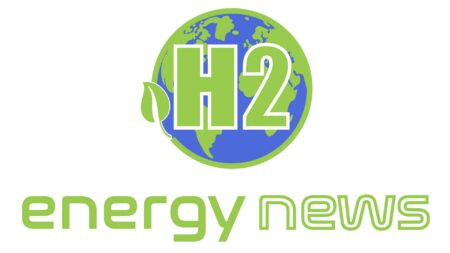Yesterday marked another milestone in aviation history as ZeroAvia’s testbed aircraft, the Dornier 228, achieved its 8th successful flight at Cotswold Airport.
Browsing: Aviation
Hamburg Airport in Germany is taking significant steps towards sustainable aviation by investing in projects related to hydrogen fuel and sustainable aviation fuel (SAF).
Masdar, a leading clean energy company based in Abu Dhabi, has signed an agreement with Airbus, Europe’s largest aeronautics and space company, to support the development and growth of the global sustainable aviation fuel (SAF) market.
The aviation industry has long been a major contributor to greenhouse gas emissions, accounting for about 2.5% of global CO2 emissions.
Honeywell, a global leader in advanced technologies, has announced its new UOP eFining technology, which can produce low-carbon sustainable aviation fuel (SAF).
Ryanair, the low-cost European airline, has agreed to purchase 150 Boeing 737 Max 10 jets for $40 billion, with an option for 150 more.
Hamburg Airport, one of the busiest airports in Germany, has set its sights on becoming a hydrogen hub for general aviation in the Baltic Sea region.
ZeroAvia, a company focused on developing zero-emission aviation solutions, has received delivery of a 76-passenger Bombardier Q400 regional turboprop from Alaska Airlines. The aircraft is slated to be retrofitted with the company’s hydrogen-electric propulsion technology, paving the way for a potential test flight as early as next year.
Stuttgart-based company H2FLY, a developer of hydrogen fuel cell systems for aircraft, has achieved a significant milestone in the development of hydrogen-electric propulsion systems for aircraft.
The aviation industry has been under increasing pressure to reduce its carbon footprint, and the European Union has taken a significant step towards meeting its goal of becoming climate neutral by 2050 by reaching a provisional deal on RefuelEU Aviation rules.



